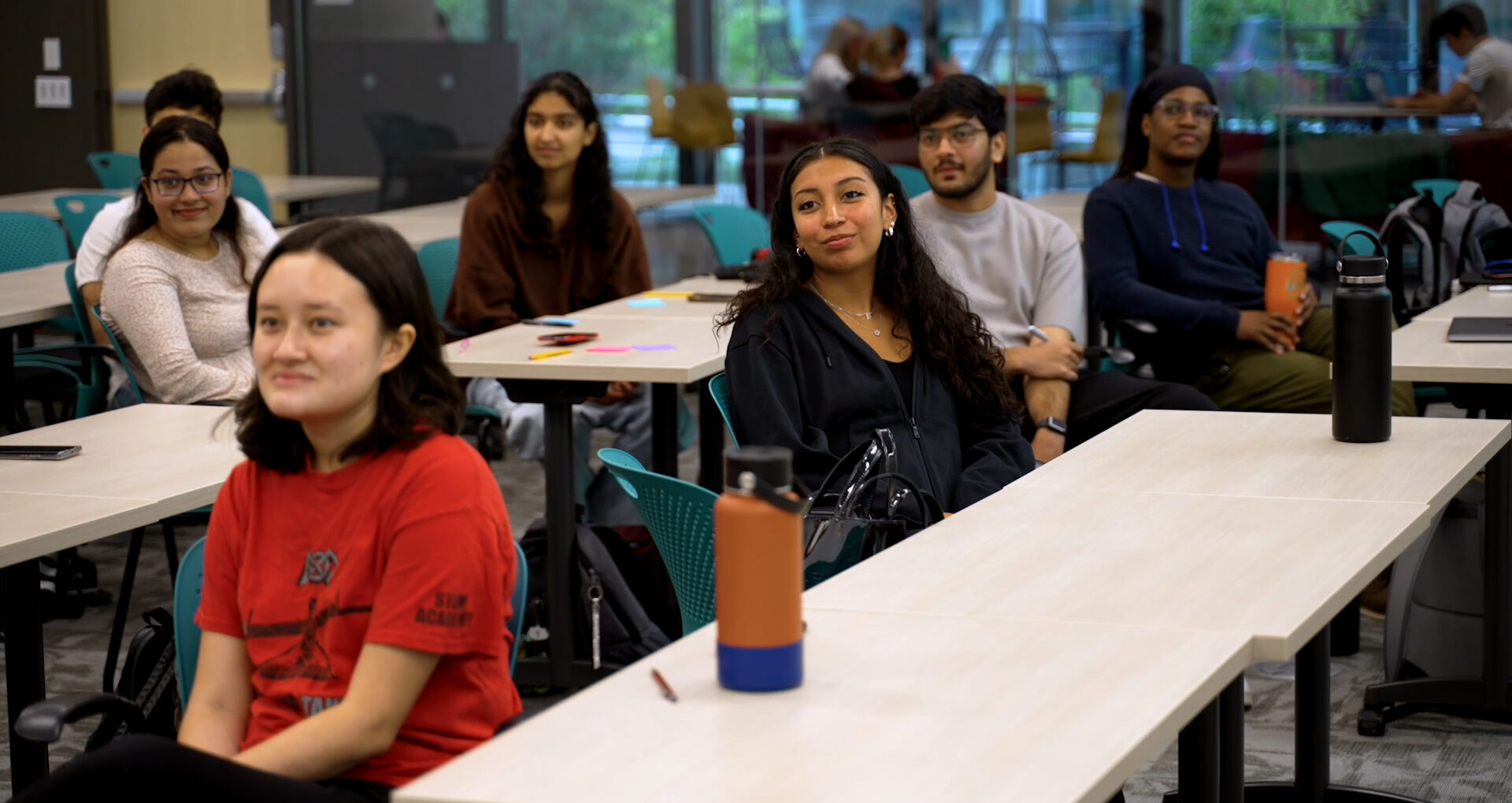The CIC’s goal is to identify, implement, analyze, and amplify interventions that promote an inclusive computing environment in a wide variety of university contexts. For each intervention, we publish research papers—often in collaboration with CIC consultants and other experts—publish opinion pieces, and share case studies and other tools to promote widespread adoption.

Undergrad interventions
Read more about our undergraduate interventions here
To date, the CIC has worked with over 60 unique institutions at the undergraduate level.
With 42 of these colleges and universities, we support the implementation of systemic, sustainable changes to their undergraduate computing programs. With another 35 universities, we support the collection and analysis of intersectional data such that the computing leadership can identify opportunities for improvement.
The systemic interventions we support have been identified and refined through our work with the 60+ Implementation and Diagnostic Partner Schools as well as the 75+ all day site visits we have done at universities across the country.
The interventions are also heavily informed by our extensive collaboration with nationally recognized CS education and BPC experts who work one on one with CIC Partner Schools, supporting all facets of their implementation plans.
The interventions we support promote both retention (i.e., keeping those students who come to university with the intent to major) and attraction (i.e., inviting new students to discover computing after starting university).
Broadly speaking, CIC undergraduate interventions fall into three categories – changes to the introductory sequence, changes to student support, and changes to the major – which you can explore further here.
Grad interventions
Read more about our graduate interventions here
At the graduate level, the CIC partners with 50 institutions to provide an onramp to the Master’s in computing (CS, DS, AI, Cybersecurity) for people who did not study computing as undergraduates. The specific intervention we support is the design and implementation of a “bridge” – a set of courses designed especially for students who are transitioning from other disciplines.
The CIC works with Partner Schools to develop curricula and program structures that best fit their institutional context and student body. We do this via site visits and through technical advising on curricular development, program design, fundraising and financial modeling, and academic and career advising. We also collect data on bridge program enrollments to inform evidence-based best practices, and research on bridge programs. Read more about our graduate interventions here.
CIC Learning Sessions
CIC Partner Schools share their experiences diagnosing barriers and implementing chosen interventions at CIC Learning Sessions. Anyone looking to effect positive change in university computing education is welcome.
Click here to sign up to receive notifications of upcoming Learning Sessions
I think everybody has something to contribute and everybody has their own personal experience and your gender or your race is a big part of your experience, and I think it is important to have people with those different experiences all coming together to work on things.
Ava Schneider
Student, Colorado State University Fort Collins




